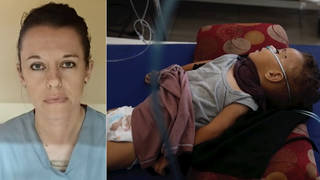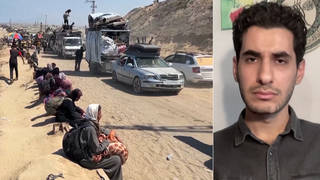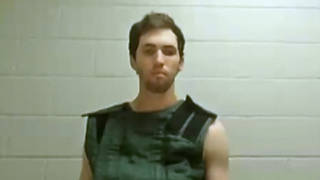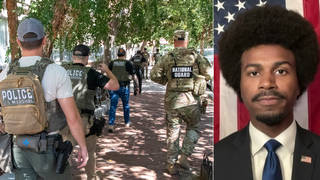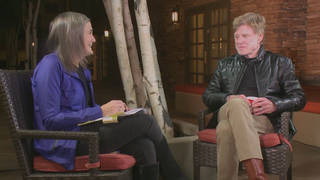In Bangladesh, authorities have moved to sharply restrict the movement of more than 400,000 Rohingya refugees who have fled a military crackdown in neighboring Burma. Bangladesh authorities have instructed the refugees they can’t leave the makeshift refugee camps. Authorities have also told drivers not to transport Rohingya, and landlords not to rent to them. Meanwhile, Bangladesh and international aid groups are scrambling to build more refugee housing, as thousands of Rohingya continue to flee the violence. This is Christopher Lom of the International Organization for Migration.
Christopher Lom: “Well, you know, there’s now an estimated 409,000 people who have come across in the last three weeks. It’s essential that we move ahead as quickly as we possibly can with the government’s plan to allocate an area between Balukhali and Kutupalong makeshift settlements, existing settlements. And I think all the agencies, all the international agencies, need to move very, very quickly to get these people out of a very vulnerable situation, because, clearly, the combination of this weather and dirty water and lack of food and lack of a safe place to shelter is going to be—bring about a humanitarian disaster, unless we act very, very quickly.”

